Most of us have jobs that are too small for our spirits
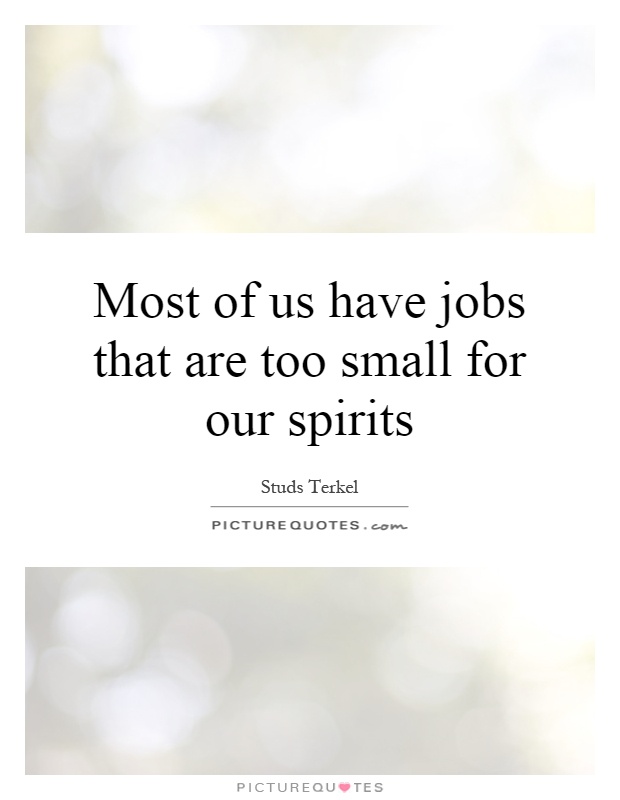
Most of us have jobs that are too small for our spirits
In his book "Working: People Talk About What They Do All Day and How They Feel About What They Do," Studs Terkel explores the concept of work and its impact on individuals' lives. One of the recurring themes in the book is the idea that many people feel that their jobs are too small for their spirits. This sentiment reflects a deep sense of dissatisfaction and unfulfillment that many workers experience in their daily lives.For many individuals, work is not just a means to earn a living, but also a way to express themselves, to contribute to society, and to find meaning and purpose in their lives. However, in today's fast-paced and competitive world, many people find themselves stuck in jobs that do not align with their values, passions, or aspirations. They feel trapped in mundane, repetitive tasks that do not challenge them intellectually or creatively. As a result, they feel unfulfilled, restless, and disconnected from their true selves.
Terkel's interviews with a diverse range of workers shed light on the various ways in which people experience this sense of spiritual confinement in their jobs. From factory workers to office clerks, from janitors to CEOs, many individuals express a deep longing for work that is more meaningful, more engaging, and more aligned with their innermost desires and talents. They yearn for work that allows them to fully express themselves, to make a difference in the world, and to live up to their full potential.
The idea that most of us have jobs that are too small for our spirits speaks to a larger societal issue of alienation and disconnection in the modern workplace. As technology advances and the global economy becomes increasingly competitive, many workers find themselves reduced to mere cogs in the machine, performing tasks that do not nourish their souls or fulfill their deepest needs. This disconnect between work and spirit can have profound consequences for individuals' mental, emotional, and physical well-being.

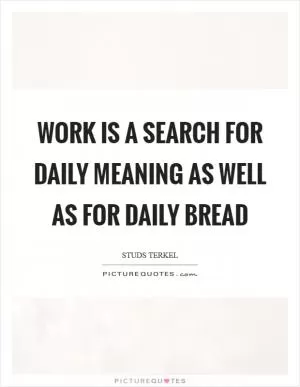
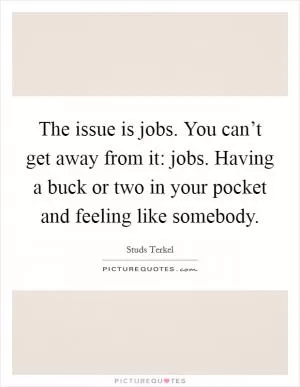
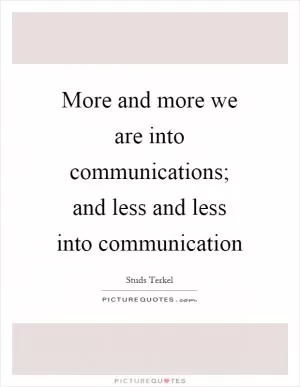
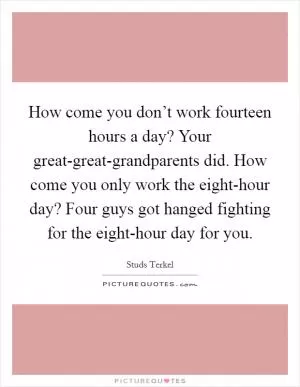

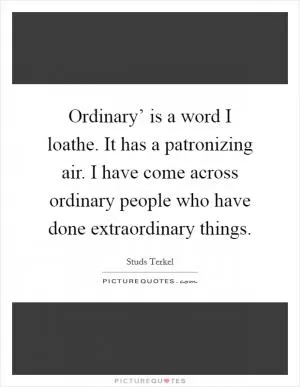

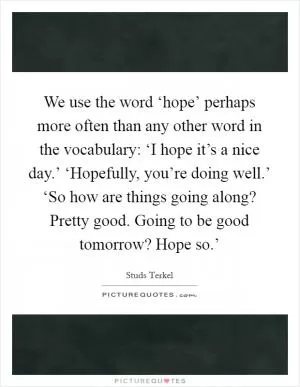
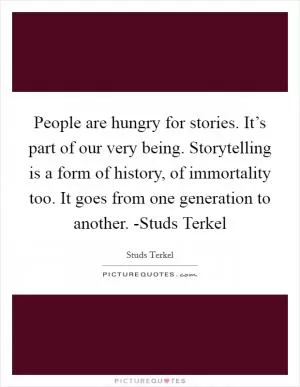
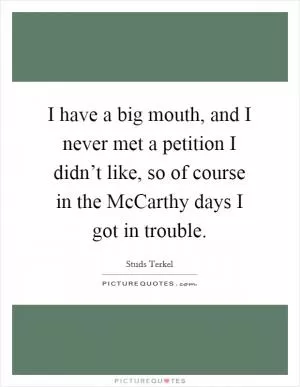
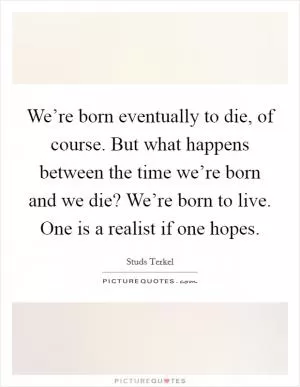
 Friendship Quotes
Friendship Quotes Love Quotes
Love Quotes Life Quotes
Life Quotes Funny Quotes
Funny Quotes Motivational Quotes
Motivational Quotes Inspirational Quotes
Inspirational Quotes